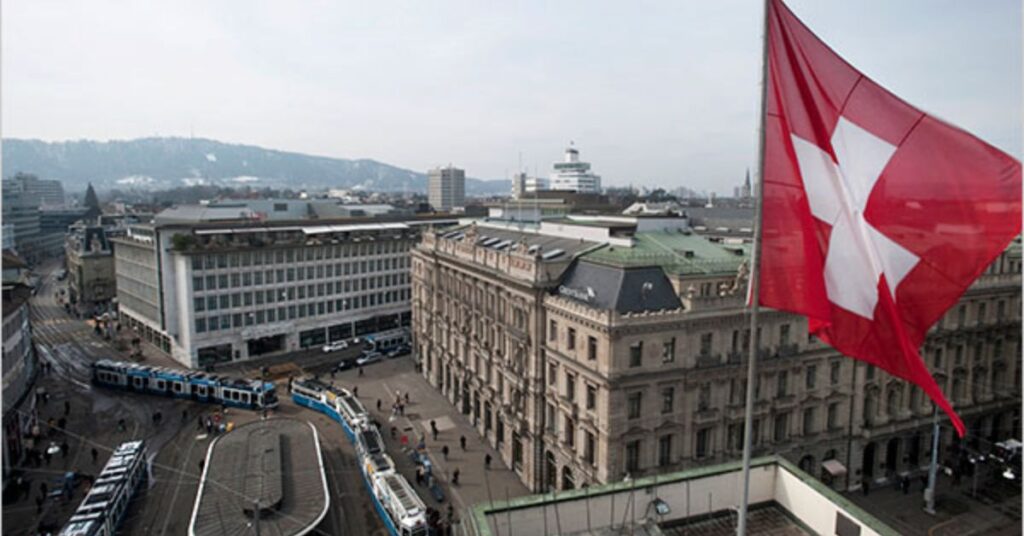Switzerland’s banking industry, which some people criticize for not doing enough to stop misleading claims about environmental friendliness (known as “greenwashing”), wants to keep regulating itself rather than having the government step in.
Greenwashing is when a company makes false claims about being environmentally responsible to make itself look good and make more money. However, Switzerland doesn’t have a clear legal definition for this term.
The Swiss government will provide more information in the coming months about how they plan to deal with greenwashing. The Swiss Bankers Association, which represents banks like UBS and Julius Baer, as well as smaller banks in Switzerland, prefers to keep regulating themselves instead of facing stricter government rules.

However, some people believe self-regulation isn’t strong enough. They argue that the financial industry says self-regulation is good because it can be changed quickly, but it often doesn’t have clear goals and doesn’t stop greenwashing. They say it’s essential for sustainable products to meet the goals of the Paris climate agreement.
Regulators believe greenwashing hurts the credibility of efforts to fight climate change and other environmental issues.
Reports show that cases of greenwashing by banks and financial services companies worldwide have increased by 70% in the past year. Switzerland, known for its asset and wealth management, had about 1.6 trillion Swiss francs ($1.79 trillion) invested in sustainable projects in 2022.
There aren’t specific figures available for cases of greenwashing in Switzerland. The head of sustainable finance at the Swiss Bankers Association believes it’s more of a communication problem than intentional deception.
Some rules were issued earlier this year by the Swiss Bankers Association on what advice can be given to clients regarding sustainable investments. UBS, Switzerland’s largest bank, supports self-regulation, considering it a basic standard.
Switzerland’s approach differs from that of the European Union, Britain, and Singapore, where the government enforces regulations to address this issue.
Experts believe that Swiss banks will face more government regulations in the future, which will likely come with substantial costs to adjust their processes, estimated to be between 100 million and 200 million Swiss francs.
